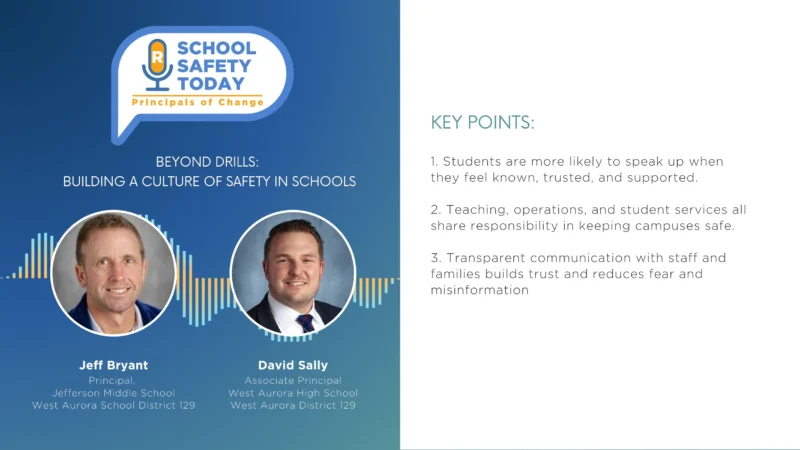Business Survival Tip: Why You Shouldn’t Lower Your Prices in an Economic Downturn
In the context of business survival during a recession, Dennis Yu, CEO, of BlitzMetrics, on the CoachYu Show asserts that price serves as a signal and advises against lowering prices during challenging economic periods. Dennis Yu argues that the best businesses, regardless of their nature, thrive even in recessions, suggesting that lowering prices reflects a lack of confidence in one’s own value and expertise.
Dennis Yu shares a story about a friend who considered reducing prices for B2B clients due to budget constraints. While acknowledging the importance of flexibility with clients, Dennis Yu contends that lowering prices in tough times implies a lack of belief in being the best. To support this, he recounts the success of Bruce Clay, an SEO agency owner, who charged high fees by declaring himself the best.
Reflecting on his own experience, Dennis Yu recalls undercharging a client and highlights the downsides of undervaluing services. He argues that clients may question a service provider’s quality if prices are too low, using the analogy of a surgeon offering discounts on life-saving procedures during a recession, which would diminish respect and credibility.
Additionally, Dennis Yu suggests that clients paying less often have higher expectations and may become demanding, while those willing to pay a premium price are typically financially stable and less reliant on the service provider for their survival.
In conclusion, for business survival in a recession, Dennis Yu advises against price reductions during economic downturns and emphasizes the importance of delivering more value to clients. He asserts that clients are willing to pay based on the value received and that increasing prices can be justified by consistently providing exceptional results.




